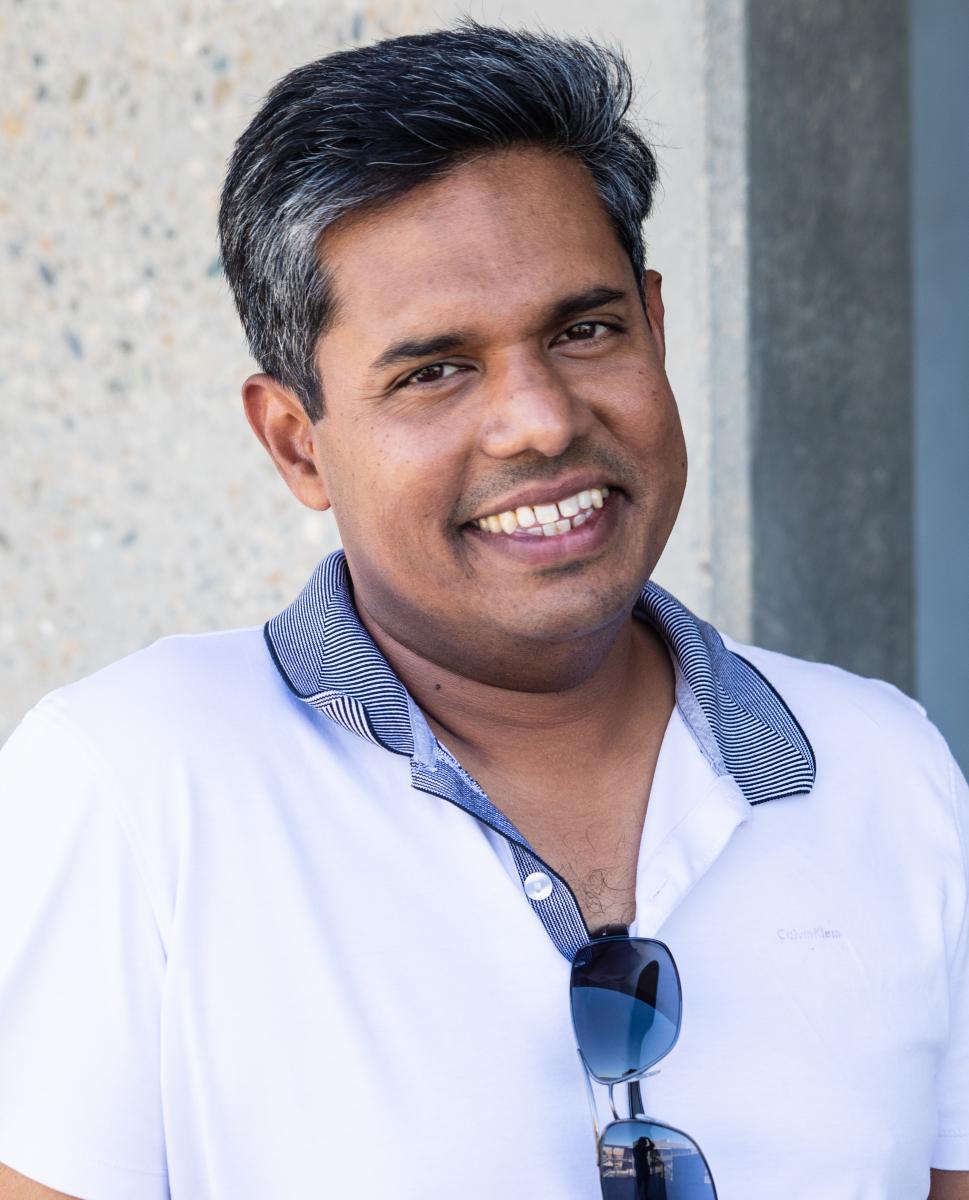Dr. Ajay Gopinathan
Seminar Information

Mechanical interactions between migrating cells can lead to emergent, collective structures and dynamical phases that are critical for function and mediate many physiological processes such as embryonic development, wound healing, and cancer metastasis. In this talk, I shall first describe our work on modeling such phenomena in cancer cell clusters, highlighting how frustration can arise at the group level because of heterogeneity in behavior and cohesion among individual cells in the cluster. I shall show how this frustration can be resolved leading to new collective phases of motion that are experimentally observed in malignant lymphocyte clusters and functionally important – enabling robust chemotaxis and “load sharing” among cells. I will also briefly discuss more recent work showing how long-range substrate-mediated mechanical interactions between cells can lead to the formation of branched network structures. We predict and confirm with experiments that cell network formation is substrate stiffness-dependent, being optimal at intermediate stiffness. Our work suggests that long-range interactions can lead to more robust and efficient realization of space-spanning networks than with cell-cell contact interactions alone. Finally I will discuss some open questions and potential future directions in these areas.
Ajay Gopinathan is a Professor of Physics, Director of the NIH G-RISE Interdisciplinary Biomedical Science and Technology Program, and Co-Director of the NSF-CREST Center for Cellular and Biomolecular Machines at the University of California, Merced. He received his integrated M.Sc from IIT Kanpur and his Ph.D. in Physics from the University of Chicago. Following a postdoc at UCLA and UCSB, he joined UC Merced as one of the first Physics faculty at the new campus. His current research involves using theory and computation to understand biological processes such as the movement of material inside cells, regulation of cell shape, and the collective migration of cells. He is currently the Chair-Elect of the Division of Biological Physics (DBIO) of the American Physical Society. Honors include a 21st Century Science Initiative Scholar Award from the James S. McDonnell Foundation and being elected a Fellow of the American Physical Society.
